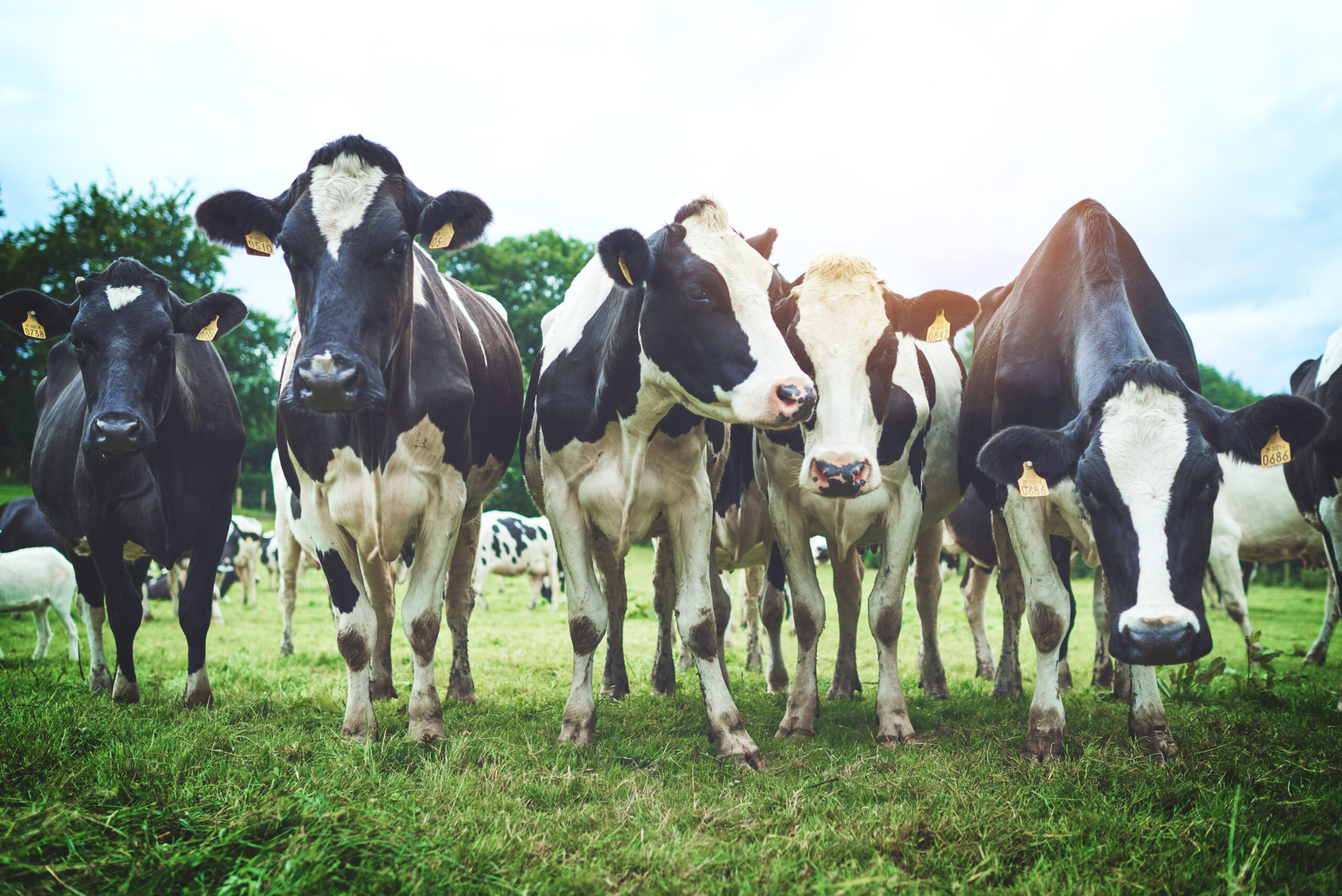With CBD and THC infused beverages and edibles continuing to grow in popularity as more states legalize recreational cannabis, one company is hoping its technology will make these products safer for consumption. SōRSE Technology, a Seattle-based food emulsification company, is focusing its efforts on improving safety standards for CBD and THC infused foods and beverages, while ensuring a great-tasting and effective product.
Xtalks spoke to Loni Mowbray, SōRSE’s quality control manager, about the importance of manufacturing and regulating safe CBD and THC infusions.
SōRSE’s Emulsification and Safety Processes
Producers of cannabis-infused edibles and beverages haven’t always focused on taste during product development. Others put too much emphasis on taste and not enough on dosage and efficacy. This is where SōRSE comes in. As a food science emulsification company, it uses specific technology to ensure quality, safety and uniform products, aspects that are often neglected by other producers. So how do they do it?
“Essentially, we are the company that would take your oil and make it into a product that you could put into water and have it be completely homogenous,” Mowbray said. “We take that oil and make sure it would be evenly dispersed throughout the entire finished product.”
Demand for cannabis-infused beverages has risen during the pandemic, and Fortune Business Insights
the market will experience a compound annual growth rate (CAGR) of 50.9 percent between 2020 and 2027. With a slew of new entrants joining the market, what separates SōRSE from its competitors?
When developing products, Mowbray said SōRSE has honed in on the emulsification process to create products in which the effects of the cannabis are quick and long-lasting. The company also licenses its products and works with licensees to develop programs and safety systems. Having safety standards already in place gives the company a competitive edge, especially in the event of federal cannabis legalization.
Quality Assurance in Food Versus Cannabis Infusions

Coming from the food industry, Mowbray was used to having a network of quality assurance managers in her previous roles at Coca-Cola and soup and cereal manufacturers. The shift to CBD- and THC-infused food products made her realize that she was one of the only quality control managers in the space — but she hopes to change that. Mowbray’s goal is to create a network of cannabinoid quality assurance managers to develop and implement consistent standards in the industry.
Having worked in the food industry for around 20 years, Mowbray likened herself to the “nagging mom” in previous jobs. She noted that quality control is generally an unpopular department in food manufacturing since its rigid food safety rules can be limiting. Mowbray applies the same rigorous safety standards at SōRSE, but is met with gratitude rather than disdain.
“Since coming to SōRSE, I’ve felt more appreciated and supported than in any other space. If we can just position ourselves and everybody we work with to get to that high level of quality that the rest of the food industry is falling under, then we won’t be any different than the standard food industry.”
How is SōRSE Regulated?
Implementing universal quality control measures has been a big challenge, given that only a handful of states have legalized recreational cannabis. While CBD is more flexible, neither it nor THC are regulated or approved by the US Food and Drug Administration (FDA), and there is no other federal agency that currently regulates cannabinoids, the naturally occurring compounds found in the cannabis plant.
Mowbray said the US Department of Agriculture (USDA) is in the background trying to establish the science and make determinations about cannabis so if federal legalization were to come to fruition, there would be rules in place. In the interim, SōRSE is primarily regulated by liquor and cannabis boards that work with state agriculture departments.
Currently, SōRSE works with the Washington State Department of Agriculture (WSDA) which audits the company on good manufacturing practices (GMP) and food safety. The WSDA, Mowbray said, is not as well-versed in food manufacturing environments since it focuses more on agricultural settings. Mowbray is hopeful that federal cannabinoid regulation will occur in the coming years so that infused products and technology can receive the Generally Recognized as Safe (GRAS) approval from the FDA.
The Future of CBD and THC Infusions
“I think there’s still so much stigma… people are not even looking at it as a food product,” Mowbray said. “We are trying to make these products safe and helpful, and we owe it to the people who use cannabis for medical purposes to make something safe and enjoyable.”
With all the different routes of cannabis ingestion, Mowbray hopes beverages can be an alternative to smoking and vaping that are just as effective and price-conscious, but also great-tasting.
“If we can improve the technology and make the kind of products that people really desire or need, then I think that edibles and beverages are probably going to outrun smoking at some point.”
Disclosure: A free sample of the product mentioned in this article was provided to Xtalks by the company for the purpose of reporting on it. However, this article is not a review, nor is the content promotional in nature.












Join or login to leave a comment
JOIN LOGIN